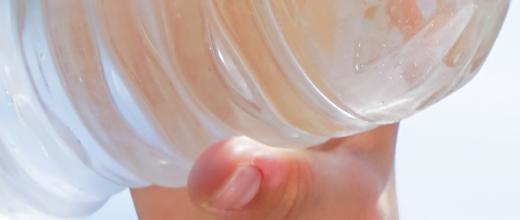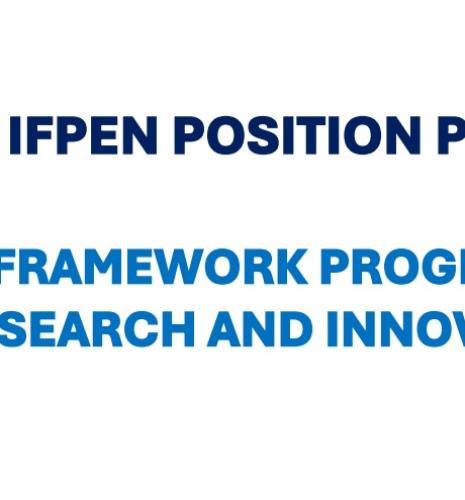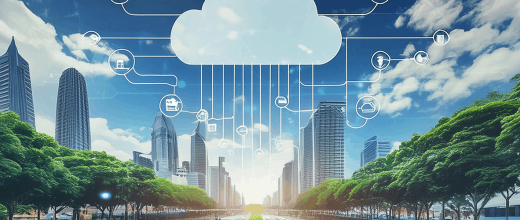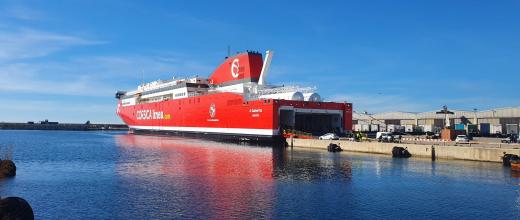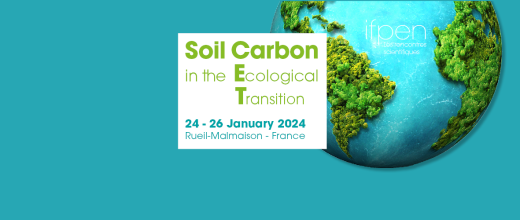
Innovation and Industry
Carnot IFPEN Ressources Energétiques
The Carnot IFPEN Ressources Energétiques (RE) brings together 14 of IFP Energies nouvelles’ laboratories. Awarded the Carnot label in 2020, it maintains strong ties with the socio-economic world, both in France and internationally, and actively contributes to the Carnot Institute network. The Carnot IFPEN RE addresses the challenges associated with

Individual page
Carlos NIETO-DRAGHI
Research Engineer / Project Manager
Carlos Nieto-Draghi (b. 1975) completed a Chemical Engineer degree at the Simón Bolívar University (Caracas, Venezuela) followed by a DEA and Ph.D. in Chemical Engineer and Processes at the Rovira i

Issues and Foresight
Energy storage
Energy storage consists in preserving a quantity of energy produced for later use. The idea is to ensure a balance between energy production and consumption, reduce losses and, hence, optimize costs.

Issues and Foresight
Reducing the carbon footprint of industry: CO2 capture, use and storage
CO2 capture, use and storage (CCUS) technology consists in capturing CO2 from its source of production, using it and storing it in an underground facility. It is of interest to industrial players since it would enable them to significantly reduce their CO2 emissions.

Innovation and Industry
Plastics recycling: Our networks
Plastics recycling Our networks Axelera competitiveness cluster The chemical recycling of plastics is an important theme for the Axelera competitiveness cluster, of which IFPEN is a founding member. Petcore Europe Association, based in Brussels, representing the complete PET value chain in Europe AC2R The role of the Association alliance chimie

Innovation and Industry
Plastics recycling: Our strengths
Plastics recycling Our strengths IFPEN applies its long-standing expertise in a variety of specific areas to the chemical recycling of plastics: • chemicals and chemical engineering, • catalysis (homogeneous, heterogeneous), • analysis, • process engineering, • dimensioning of pilot units. This expertise has already been demonstrated via IFPEN’s achievements in

Innovation and Industry
Plastics recycling: Our solutions
IFPEN is an active player in the field of advanced recycling, which is likely to play a role alongside mechanical recycling to convert some waste plastics. Its research is aimed at developing efficient, cost-effective technologies.

Innovation and Industry
Plastics recycling
Plastics recycling Overview and challenges Plastics are widely used in a number of applications: packaging, building, vehicles, household appliances, agriculture, etc. The constant increase in their production goes hand in hand with a corresponding increase in the amount of plastic waste. The environmental challenges associated with this waste, as well

Innovation and Industry
Climate, environment and circular economy
New R&I themes, stimulated by the energy transition and circular economy markets, are beginning to emerge. The multidisciplinarity of IFPEN’s researchers is used in projects covering fields as diverse as CO 2 capture/storage and plastics recycling, addressing the problems of industry. CO 2 capture, utilization and storage Plastics recycling Environmental

Innovation and Industry
Metal Recycling: Our strengths
metal recycling Our strengths More than 15 years’ experience in R&I on batteries (simulation/dimensioning), and laboratory-based development of next-generation batteries (Li-S, SSB) Utilization of our expertise, acquired at industrial level over more than 40 years on processes similar to CAM production. The development of R&D skills on closed-loop recycling solutions



